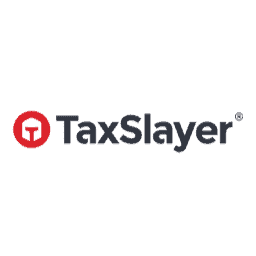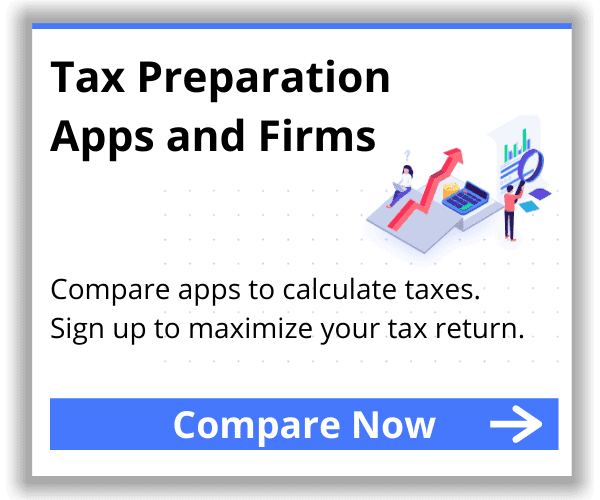Self-employed individuals know that organizing and filing taxes can be a complicated process. Remember that just because your employer is not technically withholding money for taxes, it doesn’t mean that you are off the hook. On the contrary, as a self-employed individual, you are personally responsible for making sure all of your self-employed tax is being paid ― including federal, state, and local taxes.
Tax Strategies
Here are several tax strategies that have been proven to be successful for many self-employed individuals:
1. Learn as much as you can about self-employment as it relates to taxes
How much do you know about self-employment taxes? A good tax strategy begins with the proper information. You should understand how self-employment tax is calculated to determine how much you will owe every year.
2. Make estimated payments to avoid future issues
This is one tax strategy that you should definitely consider. It is important to make regular quarterly payments on time to avoid interest penalties. Note that this tax strategy is not fool-proof by any means ― you are simply making estimated payments. When you file your annual tax return, you will find if you’ve overpaid or underpaid for the year.
3. Take advantage of an employer-sponsored retirement plan
Consider this tax strategy as one that can help you lower your tax liability. A few of your options include an IRA, Keogh plans, SIMPLE, and SEP. Not only will these plans help you from a tax standpoint, but they will benefit you upon retirement.
4. Search for tax deductions
Since you are running a business, there are many tax deductions that you can take advantage of and incorporate into your tax strategy. These may include deductions for office supplies, cost of utilities, mileage and other travel expenses, and the home office tax deduction. Of course, you must make sure that these deductions are used strictly for business purposes. Along with this, track all of your expenses and save all the receipts ― this will be vital in case of a tax audit.
5. Deduct your health care expenses
Many people who are new to self-employment do not realize that they are able to deduct a portion of their health insurance premiums. As long as you are financing your own coverage, you can qualify for this tax deduction. HSA (Health Savings Account) contributions are also considered tax-deductible.
These tax strategies should help those are newly self-employed as well as those who have been working in this capacity for several years.
With the right tax strategy in place, you can reduce your tax liability, stay organized, and take full advantage of every potential tax benefit.










